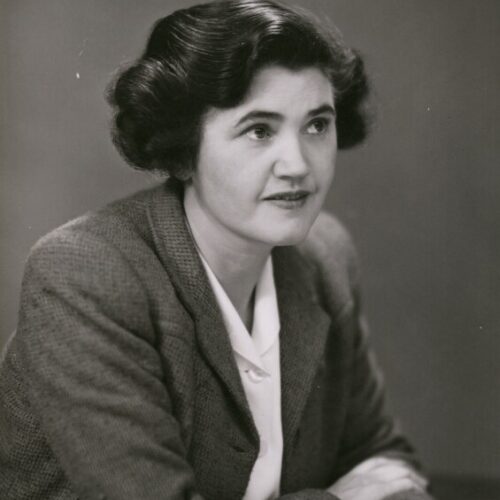

Jennie Lee (also known as Baroness Lee of Asheridge) was a Scottish politician and journalist, known for her upfront orating and strong socialist views. First elected as an MP in 1929, Lee spent much of her political career fighting against class struggle and for the increased funding of the arts, becoming the first – and perhaps best – Minister for the Arts. Lee was the driving force behind the creation of a ‘University of Air’, overcoming significant opposition to found the Open University. A strong supporter of combating the inequality of class struggle, both Lee and her husband, Aneurin ‘Nye’ Bevan, were humanists and have left a significant impact on British politics.
Jennie Lee was born on 3 November 1904 in Lochgelly, Fife, Scotland. Being the daughter of a coal miner, she was born into the working class, something Lee never forgot about in her later life. Lee’s father, James Lee, was a prominent member of the Independent Labour Party (ILP) and would regularly take Jennie to local meetings, influencing and shaping her political views. Lee won grants to attend the University of Edinburgh as a trainee teacher, gaining her MA, teaching certificate, and LLB BY 1926.
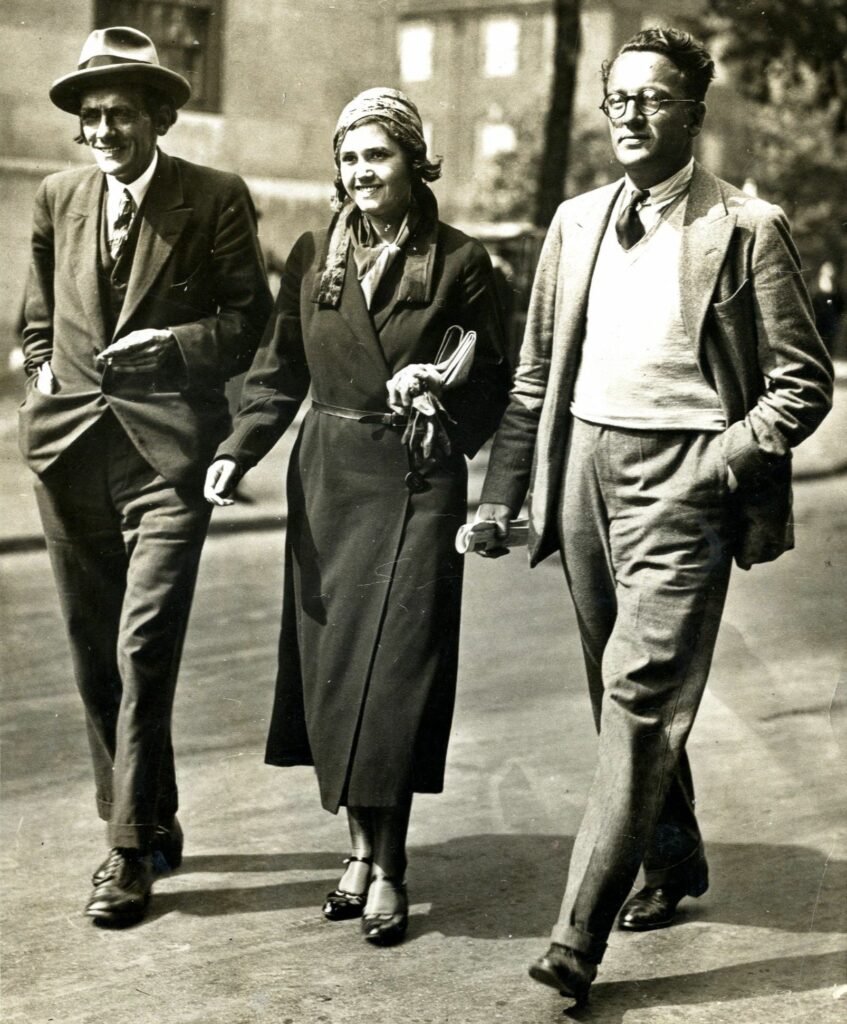
Lee would become a prominent member of the ILP, often speaking at their events across Scotland. Her skills as an orator were remarkable and she was able to captivate an audience with ease. She was also a hit with the media due to her young age, good looks, and evident passion for politics. Lee was selected by the ILP to run as their candidate for North Lanark in the 1929 by-election. Then still herself unable to vote, her campaign drew a lot of attention and became a headline story. Lee won the election, becoming the youngest MP of her time at the age of just 24. She made a strong impression during her maiden speech, accusing Winston Churchill (then Chancellor of the Exchequer) of ‘cant, corruption, and incompetence’. Lee was also set apart from many of her fellow women MPs in her broad dismissal of feminism. Lee viewed the battle of the sexes as inferior to the concept of class struggle. Lee’s time in parliament was however, short-lived and she lost her seat in the 1931 election.
In the years before the Second World War, Lee turned to political journalism, and continued to lecture, broadcast, and campaign. She helped Nye Bevan (who she married in 1934), Stafford Cripps, William Mellor, and Michael Foot to launch Tribune and the Unity campaign, which sought to unite left-wing political forces in anti-fascism. During the war Lee served in the Ministry of Aircraft Production and as a political correspondent before being re-elected in 1945 as the Labour MP for Cannock.
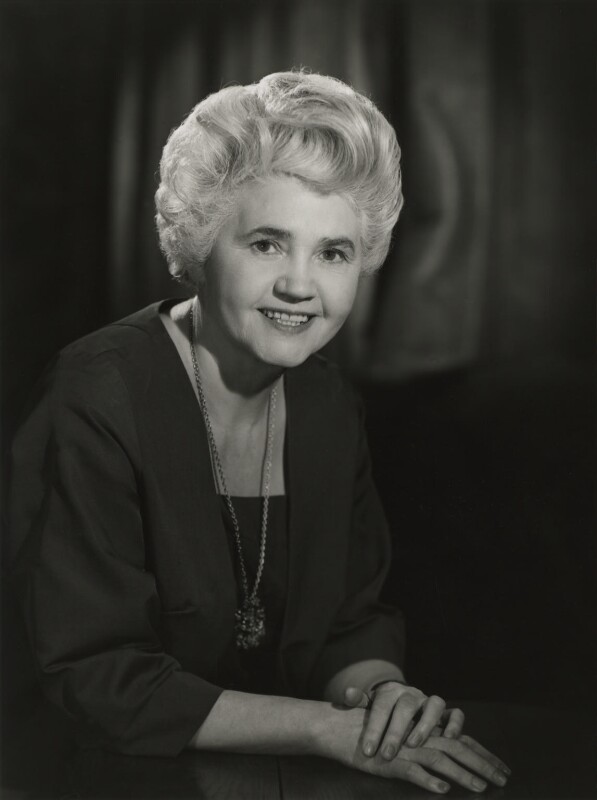
During Harold Wilson’s Government, Lee became the Minister for the Arts in 1964. During this time she was able to obtain further funds for the arts, strengthen the film industry and abolish theatre censorship. Her 1965 white paper, A Policy for the Arts: the First Steps, called for arts to be accessible, and widely available, recognising their life-enhancing significance. Lee was also a driving force in establishing the Open University, battling significant opposition from all sides to achieve a genuinely inclusive, accessible, and high quality distance learning institution. Harold Wilson subsequently acknowledged the OU as his government’s greatest achievement.
In 1966 Lee became a member of the Privy Council, and was elected Chairman of the Labour Party the following year. Lee was unseated in the 1970 election, but was given a peerage, becoming Baroness Lee of Asheridge. Baroness Lee spent her last years writing, publishing two books before her death on 16 November 1988 in London.
An open university in Great Britain’s circumstances today is not a dream… is not a luxury: it has become an urgent necessity.
Jennie Lee
Jennie Lee left a large impact on British politics, and a major legacy in the form of the Open University. From her earliest entry into politics, Lee impressed her colleagues with her belligerent and stubborn, but compassionate, manner. Fiercely devoted to the needs of the working classes, Lee never forgot her roots. Her largest success was without a doubt the role she played in creating and defending the Open University, through which thousands were able to obtain educational opportunities previously inaccessible. Although she was fixated on combating class struggle, rather than inequality between the sexes, Lee’s efforts in establishing the Open University allowed women from across the country to gain access to an education that might otherwise have been unavailable to them.
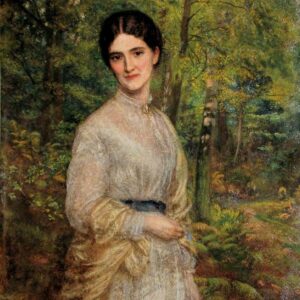
Her beautiful life, her truth, her unwearied charities, proceeded from her own heart. They were not inspired by any thought […]
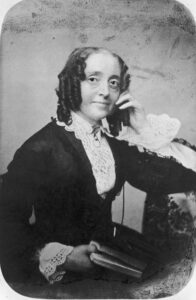
Emancipation from every kind of bondage is my principle. I go for the recognition of human rights, without distinction of […]
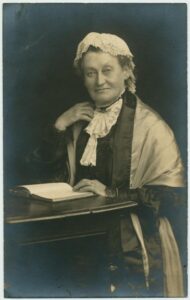
Dr Alice Vickery was a humanist, physician, and devoted champion of women’s reproductive rights. Her tombstone inscription remembers her as […]
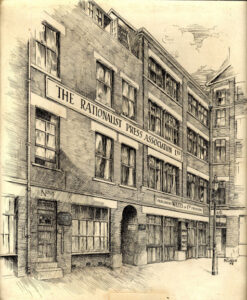
Rationalism is not a dogma but a method. It does not tell us what to believe but how to find […]